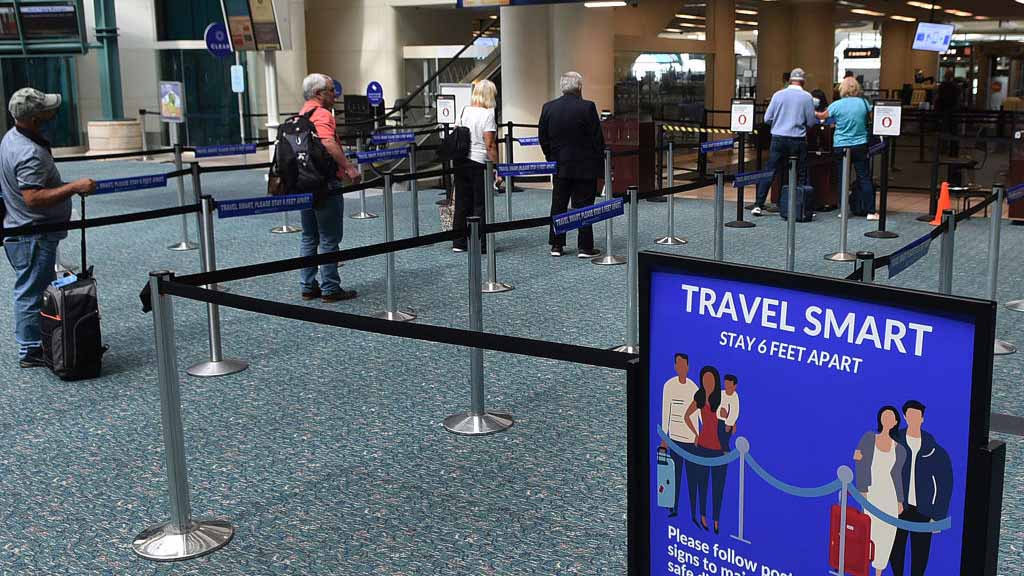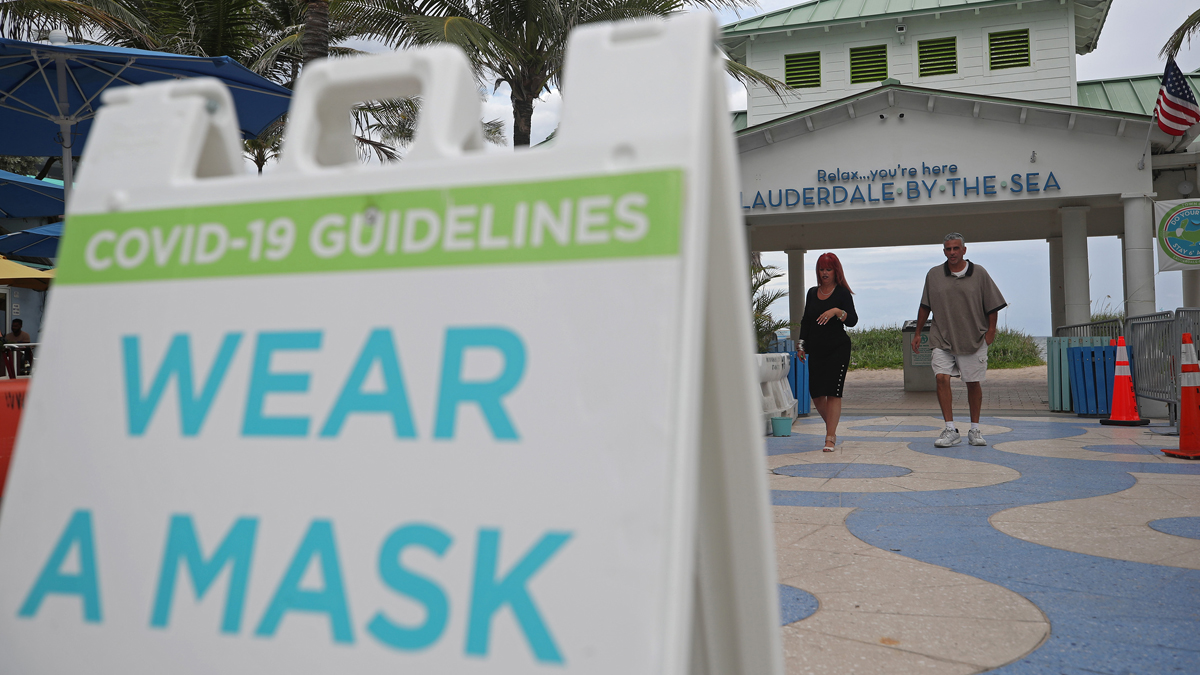Despite testing positive for coronavirus, people everywhere are still showing up to work and not telling their bosses so that they can still get paid. That's one of the many issues the CEO of Jackson Health System sees with many COVID patients.
NBC 6 anchor Sheli Muñiz spoke with Jackson Health System CEO Carlos Migoya about Florida's spike in coronavirus cases.
SHELI: Carlos, 5,506 cases (Wednesday).
MIGOYA: Yes, but that is statewide.
SHELI: What do you think of those numbers?
MIGOYA: It’s not just the numbers, it’s the percentage that really is the concern. The percentage positive is climbing. I'm actually focused here more on Dade County. If you look at what's happening in Dade County, we do have a higher percentage of positives and it’s all related to a few specific hotspots. There's one in western Homestead and one right in the middle of city of Miami -- everywhere from Little Havana, right through Liberty City to Allapattah.
SHELI: What is the situation at Jackson?
MIGOYA: So, today, we actually have higher than the peak in April. We're running a little over 200 patients that are COVID-positive, keep in mind that’s in the three hospitals. Our overall occupancy, we have at 1,600 total beds, and we still have plenty of extra beds available, and our ICU load, they have plenty of extra beds. That’s not our issue. Our issue is that we have a containment that we don’t get any worse than it is today.
SHELI: A viewer wanted to know: Certain hospitals like Homestead are at capacity, has Jackson taken in any patients?
MIGOYA: So, Homestead is part of Baptist Hospital System and they have 11 hospitals, and they’ve been moving patients around, just like we have our own set of hospitals, therefore, if one of our hospitals get full, we’d put them in one of our own hospitals, so everybody's been cooperating, all the hospitals.
SHELI: At the rate that we’re seeing, do you think that you’ll still have enough beds even with the surplus?
MIGOYA: What we’re finding is that people who are testing positive are younger and, therefore, they are not as hospitalized as often, they are not as sick as often as the older people when we were first testing in March and April. The challenge that we have is that when they are positive, we want to make sure that they quarantine at home. What we’re finding, many of those who find out they are positive are still going back to work because they’re not going to get paid if they’re not working, and many times they’re not telling their bosses that they're positive, so that they can continue to get paid and what they’re doing is they’re infecting other people and their families at home.



